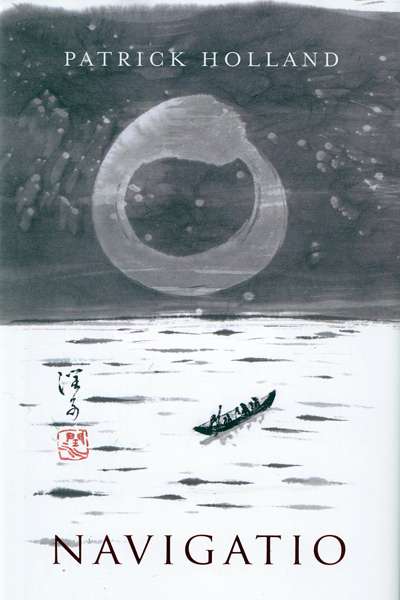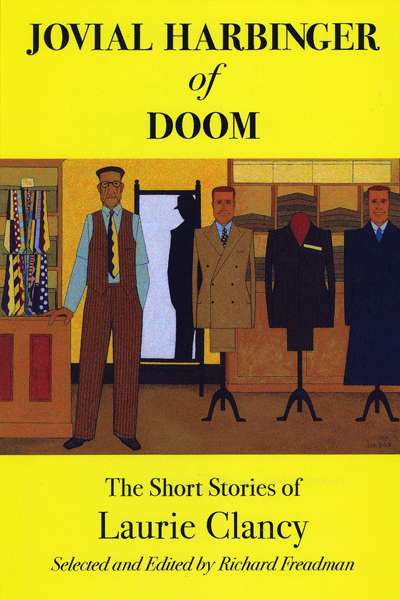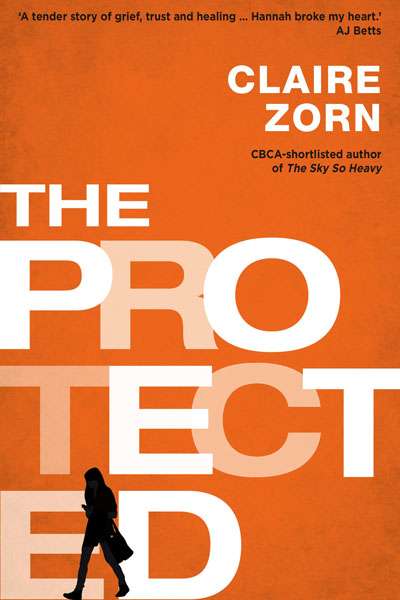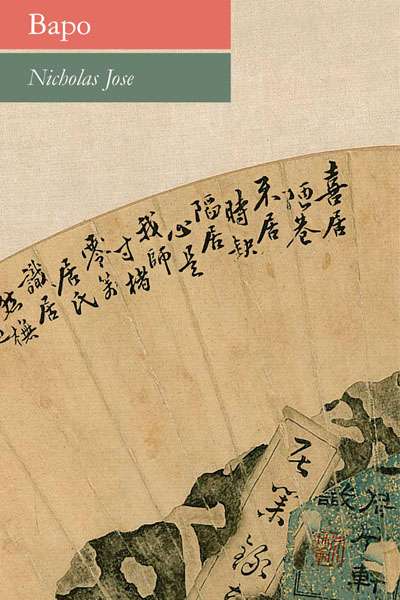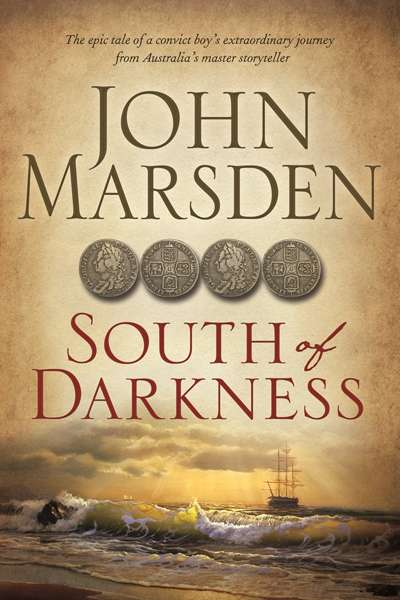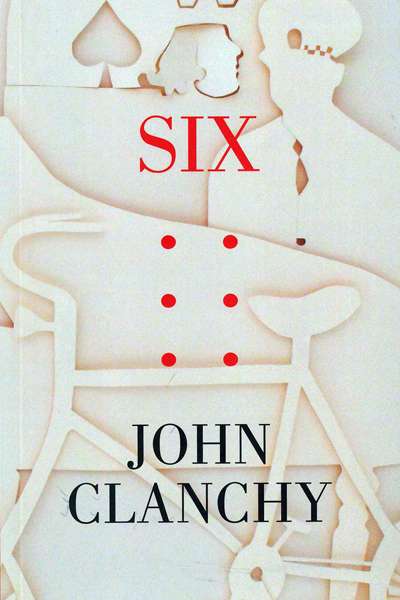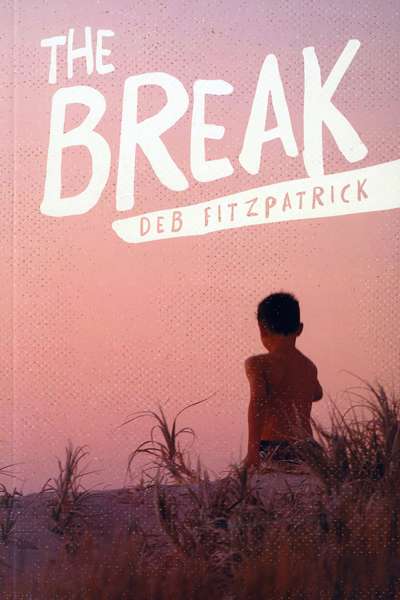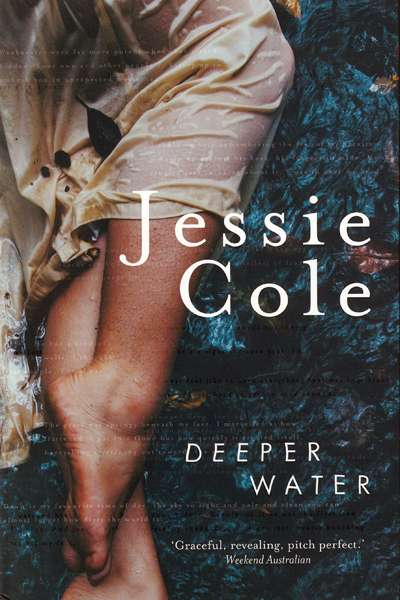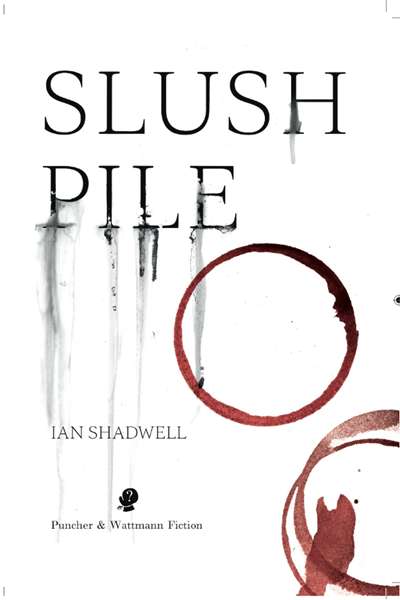Australian Fiction
Jovial Harbinger of Doom: The Short Stories of Laurie Clancy edited by Richard Freadman
by Brian Matthews •
A relatively unusual occurrence until recently, the publication of a plethora of new Australian Aboriginal-authored and/or Aboriginal-themed children’s books has begun transforming the Australian publishing landscape. A number of these books, like Rhoda Lalara and Alfred Lalara’s charmingly evocative Yirruwa Yirrilikenuma-langwa (When We Go Walkabout: Allen & Unwin, $24.99 hb, 32 pp, 9781743314562), are rendered bilingually, in the latter case in Anindilyakwa, the mother tongue of the majority of Groote Eylandt residents, as well as in English.
... (read more)
